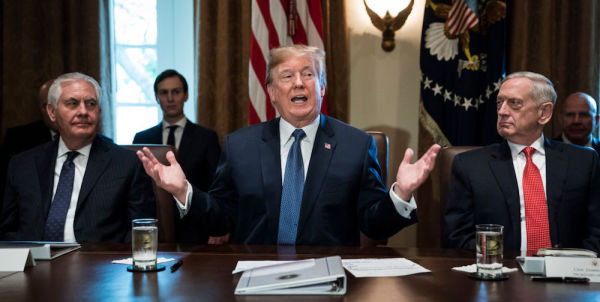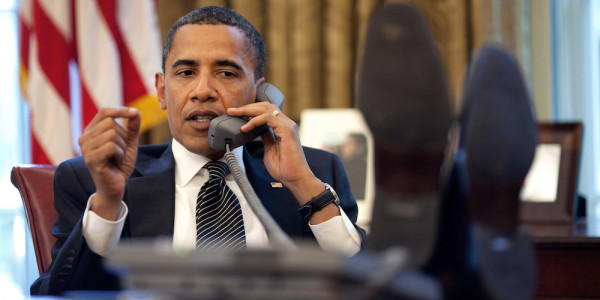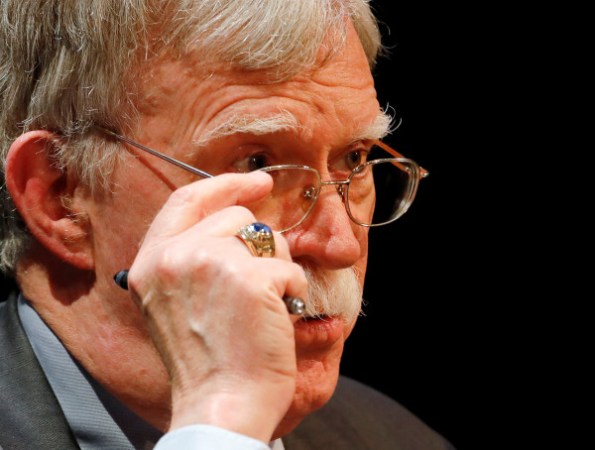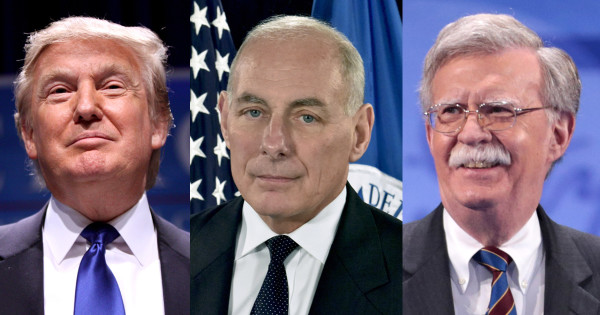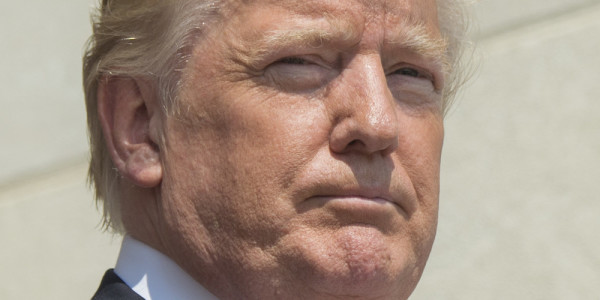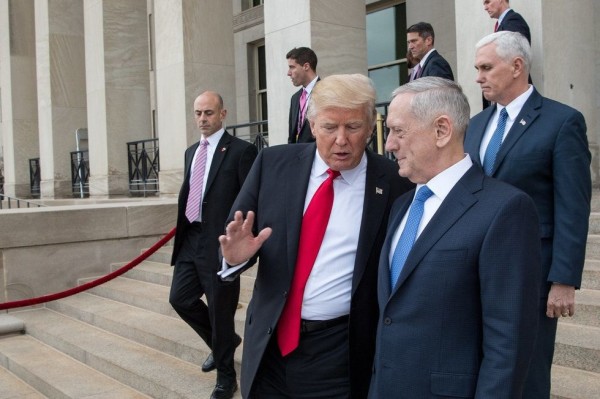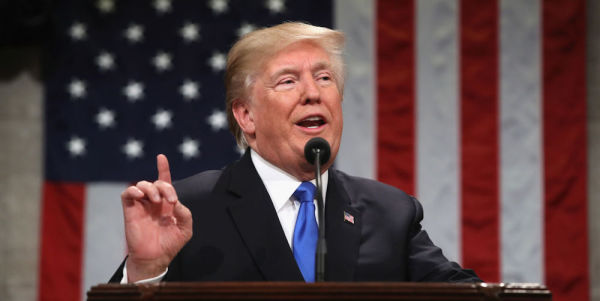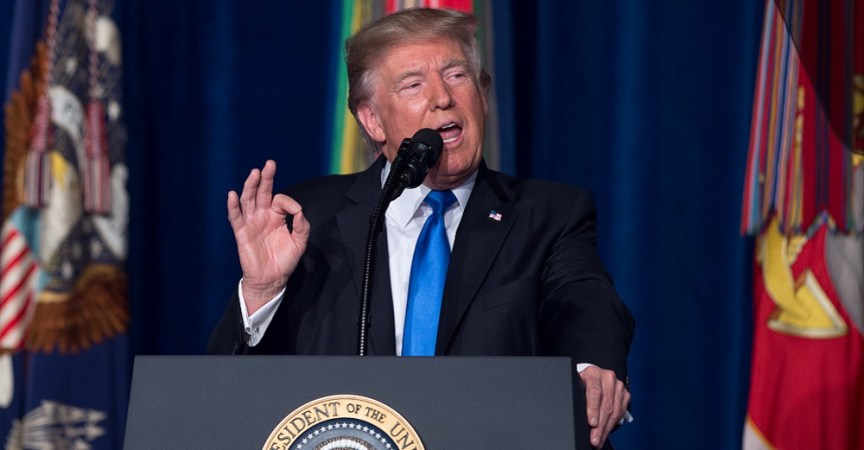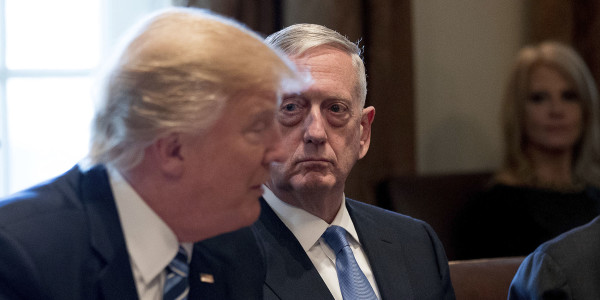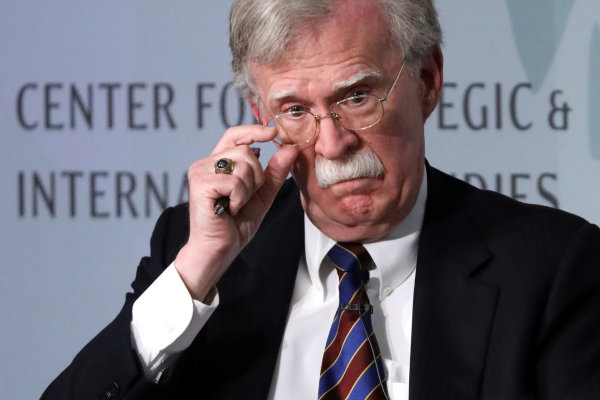President Trump surveyed the crowd at a raucous political rally in Nashville two years ago and pointed toward his mustachioed national security advisor, “the great John Bolton.”
“They think he’s so nasty and so tough that I have to hold him back, OK?” Trump said, paying Bolton his ultimate compliment of bare-knuckle tactics to pursue an edgy political agenda.
Now, as scathing criticism of Trump has emerged from Bolton’s forthcoming memoir, the president is trying to rewrite history, describing his former aide as “incompetent!,” “wacko ” and “a disgruntled boring fool who only wanted to go to war.”
“Never had a clue, was ostracized & happily dumped. What a dope!” Trump, who pushed Bolton out in September, tweeted Thursday.

But Bolton is hardly alone. In breaking with Trump over what Bolton portrays as concerns over the president’s competence and moral compass, Bolton joins an unprecedented group of former top-level advisors who have turned on their former boss.
The list includes John F. Kelly, Trump’s former chief of staff: James N. Mattis, his former Defense secretary; Dan Coates, his former director of nation intelligence; and Rex Tillerson, his former secretary of State.
Like Bolton, they were quickly labeled losers, liars or worse by the man who once lavishly praised their qualifications and counted them among “the very best people.”

The record of retrospective insult raises an obvious question: If they were such incompetent dolts, why did Trump hire them in the first place?
“When you worked for him, you were either ‘the best’ or ‘the worst,'” said Barbara Res, a senior executive for the Trump Organization in the 1980s. “If you were the worst, he could blame you or fire you. But if you were just doing a decent job, he’d say you were the best. He said everyone on ‘The Apprentice’ had IQs over 170.”
Res said the superlatives weren’t meant to convey reality or even to make the recipient feel valued. They were a sales technique, meant to deflect blame if things went bad or to burnish Trump’s image, depending on what was needed.
In his memoir, “The Room Where It Happened,” Bolton describes a similar psychology, accusing Trump of viewing and using even the most important aspects of foreign policy — negotiations with China over trade, with Ukraine over aid to fend off Russian aggression, with North Korea over nuclear disarmament, and decisions about withdrawing U.S. troops from Afghanistan and Syria — as a means of improving Trump’s own political standing and reelection prospects.
“My base wants to get out,” Bolton says Trump told him in a late-night phone call in January 2019 to explain his insistence on removing U.S. troops from northern Syria, a plan that Bolton opposed.

And he describes Trump “pleading” with Chinese President Xi Jinping in Osaka, Japan, at the G-20 summit in 2019 to help improve his standing with American farmers by purchasing more soybeans.
Trump’s appeal to a foreign leader for help in his reelection foreshadowed the ill-fated efforts months later to pressure Ukraine, which ultimately led to impeachment.
The Times has obtained a copy of Bolton’s book, which is scheduled for release on Tuesday.
Rather than rebut Bolton’s allegations, Trump has returned to his familiar playbook of disparaging Bolton.
Trump did the same thing when Mattis labeled Trump a threat to the Constitution in a scathing essay that followed Trump’s use of the National Guard to gas peaceful protesters to make way for a photo op.
Trump, who used to brag about the retired Marine general’s toughness, then tweeted that Mattis was “the world’s most overrated General” and falsely claimed to have fired him although it was Mattis who resigned in December 2018.

Trump took similar 180-degree turns with others.
Kelly, another former general went from being “a true star of my administration” who was “respected by everybody” to a press-hungry chief of staff who “was way over his head.”
Tillerson, who led Exxon Mobil Corp. before he became Trump’s first secretary of State, went from being “brilliant” and one of “the truly great business leaders of the world” to “a man who is ‘dumb as a rock’ and totally ill prepared and ill equipped to be Secretary of State.”
And Jeff Sessions, the senator from Alabama who served as a top campaign advisor to Trump in the 2016 race, was rewarded with a job leading the Justice Department. But he soon went from “highly respected” and “as smart as you get” to “a disaster” who was “not mentally qualified to be attorney general.”
Sessions had carried out Trump’s harsh immigration policies and had defended him politically. But Trump never forgave Sessions for recusing himself from the Russia probe, which allowed for the appointment of special counsel Robert S. Mueller III, or what Trump called “an unforced betrayal.”
There were similar stories up and down the line — from Coats, who was pushed out as director of national intelligence after clashes with Trump, to Omarosa Manigault, a former contestant on “The Apprentice” television show who became a White House advisor and the most visible Black woman in Trump’s inner circle.
“The common denominator in all of these failed interpersonal relationships is Donald Trump,” said Manigault, who penned a 2018 memoir, “Unhinged,” after leaving the administration.
“We all think of ourselves as guardrails trying to keep the train from jumping the tracks, trying to keep him from his worst impulses and from doing more damage. But Trump’s crazy is not manageable,” she said in an interview.

According to Bolton, Trump’s senior staff struggles every day to manage an impulsive, overconfident and often vindictive executive, one who is quick to acquiesce to requests from dictators, unable to focus during intelligence briefings and who spends “a disproportionate share of his time watching his Administration being covered in the press.”
“It was like making and executing policy inside a pinball machine,” Bolton writes.
Kathryn Tenpas, a nonresident senior fellow at the Brookings Institution, said Trump is rare for his willingness to “humiliate his staff members” by publicly contradicting and criticizing them.
“If you don’t have trust and respect for the people you hire, you can’t expect them to trust and respect you too,” she said.
Trump has long accused career government employees, or what he calls “the deep state,” of trying to undermine his outsider presidency. But some of the most searing criticism has come from those he chose to work by his side.
Some may be concerned about their own legacies. And the potential financial rewards are significant; Bolton reportedly received a $2-million book advance.
Many in the foreign policy community argue that Bolton, sharply ideological and ruthless in navigating internal policy fights, knew what he was getting into with Trump but believed he could achieve some of his own policy goals.
But in the end, Bolton described an atmosphere in which little serious policy could be accomplished.
Insider tell-all books follow every president, but the critiques are often sandwiched between respectful bromides.
David Stockman, President Reagan’s top budget official, denounced Reagan’s failure to control the federal deficit in the 1980s. George Stephanopoulos, a former advisor to President Clinton, wrote a detailed memoir about that White House in the 1990s. And Robert Gates, a longtime Pentagon leader, wrote a critical memoir after resigning as President Obama’s defense secretary.
While Bolton’s book may sell well, he has few political allies. Trump’s supporters are furious at his perceived betrayal. Democrats are livid that he declined to testify in Trump’s impeachment proceedings, and disdainful of his hawkish record over the decades .
Bolton may have felt he had nothing to lose.
“The president is loyal to himself, period,” said Julian Zelizer, a presidential historian at Princeton University. “If you set that tenor as president, then people who work for you will feel like they should say whatever you want when they’re gone.”
———
©2020 the Los Angeles Times
Visit the Los Angeles Times at www.latimes.com
Distributed by Tribune Content Agency, LLC.
